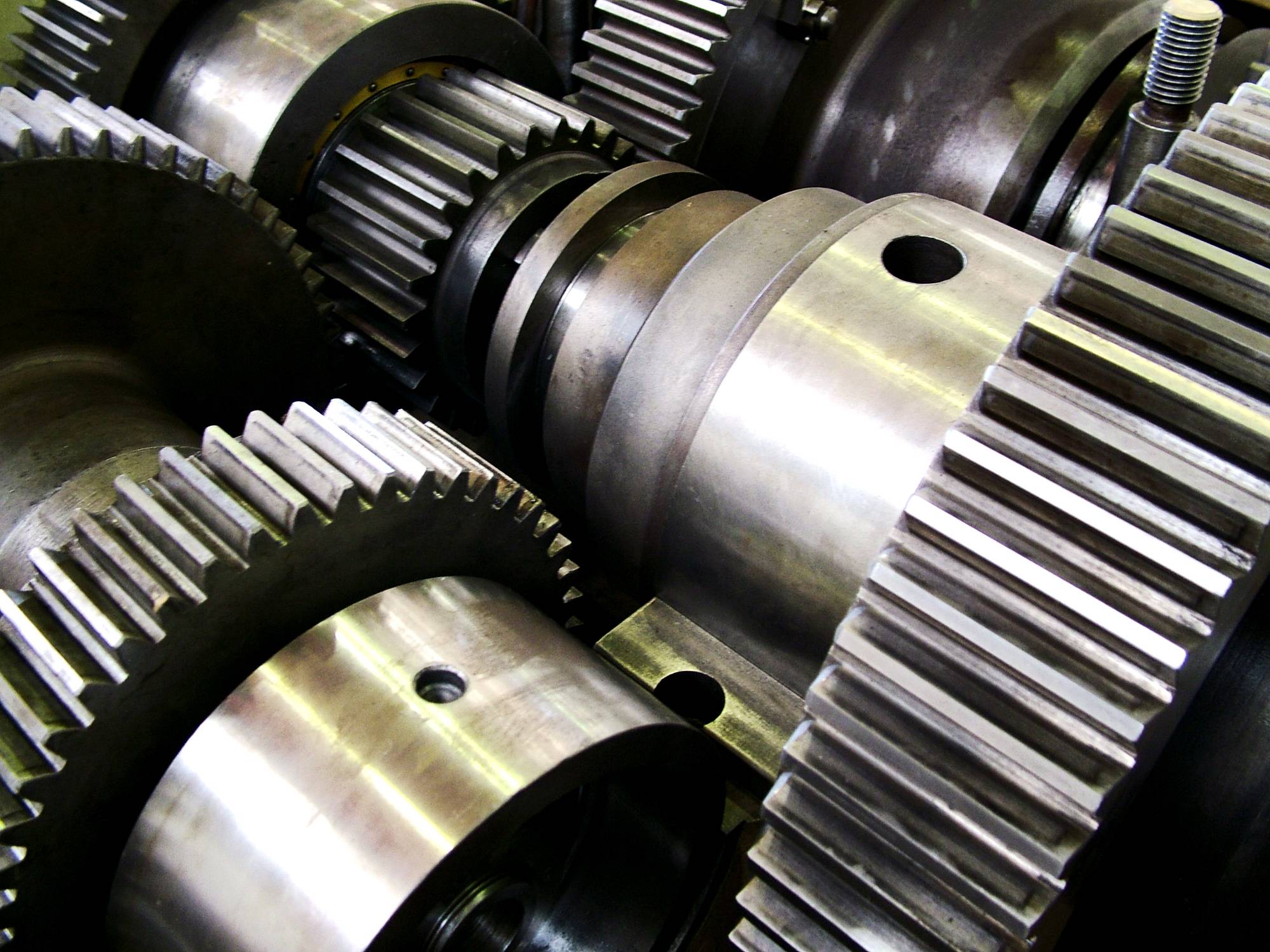
After listening to the NPR segment “The Future of America’s Manufacturing Jobs” I realized that there are a lot of ramifications to the existing job base as well as a large societal impact regarding the future of American manufacturing. The discussion brought up some very interesting points about the future of these workers and that the outlook is pretty grim; there is a better chance that your position would be automated than you getting a promotion. This is a disturbing thought because of the impact this could have on the economy. Automation will take away jobs in many industries and these workers will need to find a new position in the company or find a new position entirely.
One issue that contributes to this is the ever-increasing need for post-secondary education for our workforce. There is a severe decline in “low skill labor” positions that were previously held by citizens with only a high school education. If these positions are eliminated they will have a difficult time finding work. Workers who hold a post-secondary degree, likely a Bachelors degree, won’t have as difficult of a time finding work outside of the manufacturing industry but where is the opportunity for the other laborers? Sometimes it is difficult for some to continue their education because of various factors outside of their control and our society is continuing to place a large emphasis on an educational background.
The question was raised if we should even make anything in the USA or if the industry is dead, but it most certainly is not. Many companies have opted to offshore their operations and manufacturing to countries—like China—with lower wage standards but there are still issues that arise with that as well. Since China is far away delivery speed needs to be taken into account as well as quality control. The USA offers a higher standard of quality and reduced shipping costs and delays, but has higher wage inputs. The discussion mentioned that America is excellent at manufacturing machinery and auto parts so it’s necessary to evaluate what the benefits and hazards come with manufacturing overseas.
Companies strive to reduce the labor component in manufacturing because it can be a large portion of the total cost of the product; but what are we sacrificing to produce that product cheaper? Quality, time and American jobs are just a few of the casualties. As organizations and as a country we need to strive to maintain a competitive advantage in our manufacturing process. Just as trade secrets and sustainable advantages help to grow an organization, it can keep jobs in America. They referenced a glass company that had tested quality control devices for glass manufacturing but found that there was no replacement for the trained human eye. You can automate and offshore certain processes but as always, there are benefits and consequences for each action, be it intended or unintended.

